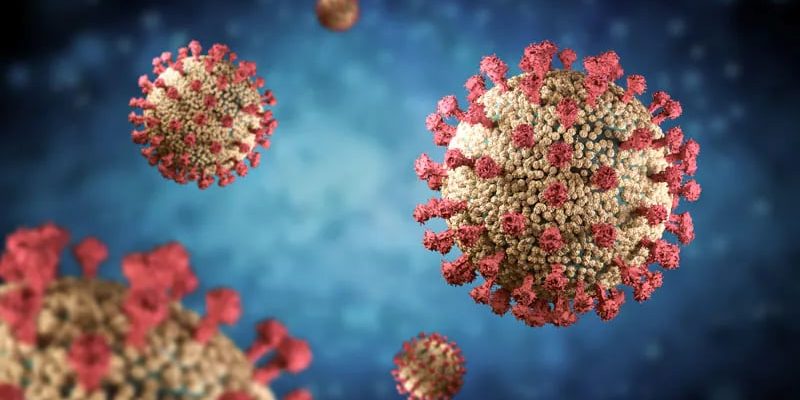TOPLINE:
New data shed light on endoscopic features and the “indispensable” role of endoscopic retrograde cholangiopancreatography (ERCP) in the diagnosis and management of post–COVID-19 cholangiopathy.
METHODOLOGY:
-
To more precisely define the endoscopic features of post–COVID-19 cholangiopathy,researchers analyzed clinical data and endoscopic findings observed in 141 ERCP procedures for 46 patients who developed new-onset cholangiopathy during SARS-CoV-2 infection. None had a history of preexisting biliary tract disease.
-
The diagnosis of post–COVID-19 cholangiopathy was established by a characteristic clinical course with progressive cholestasis in conjunction with bile duct lesions in ERCP.
-
All patients were followed from the time of diagnosis until liver transplantation or death.
TAKEAWAY:
-
Post–COVID-19 cholangiopathy can be classified as a variant of secondary sclerosing cholangitis in critically ill patients. This form of cholangiopathy was more destructive than stricturing in nature and caused irreversible damage to the bile ducts.
-
Diagnostic criteria are destruction of intrahepatic bile ducts in a centripetal direction, no extrahepatic involvement, vanishing bile ducts, biliary cast syndrome, and multifocal peribiliary abscesses.
-
Post-COVID cholangiopathy is not a late complication of intensive care treatment; rather, bile duct damage is an early event in the course of COVID-19.
-
Prognosis is dismal, with a 1-year liver transplant–free survival rate of 44%. In particular, patients with peribiliary liver abscesses or destruction of the central bile ducts tended to have a poor prognosis.
-
Interventional endoscopy with cast removal had a positive effect on cholestasis parameters (gamma-glutamyl transpeptidase, alkaline phosphatase, and bilirubin), with 58.1% of all individual values decreasing.
IN PRACTICE:
“Gastrointestinal endoscopy plays an important role in management of post-COVID-19 cholangiopathy. ERCP is not only of great diagnostic and prognostic value, but also has therapeutic value and therefore remains indispensable,” the authors write.
SOURCE:
The study, with first author Silke Leonhardt, MD, of Charité-Universitätsmedizin Berlin in Germany, was published online October 16 in the American Journal of Gastroenterology.
LIMITATIONS:
The study authors report no limitations.
DISCLOSURES:
The study had no third-party funding. The authors have declared no relevant conflicts of interest.
For more news, follow Medscape on Facebook, X (formerly known as Twitter), Instagram, and YouTube
Source: Read Full Article
